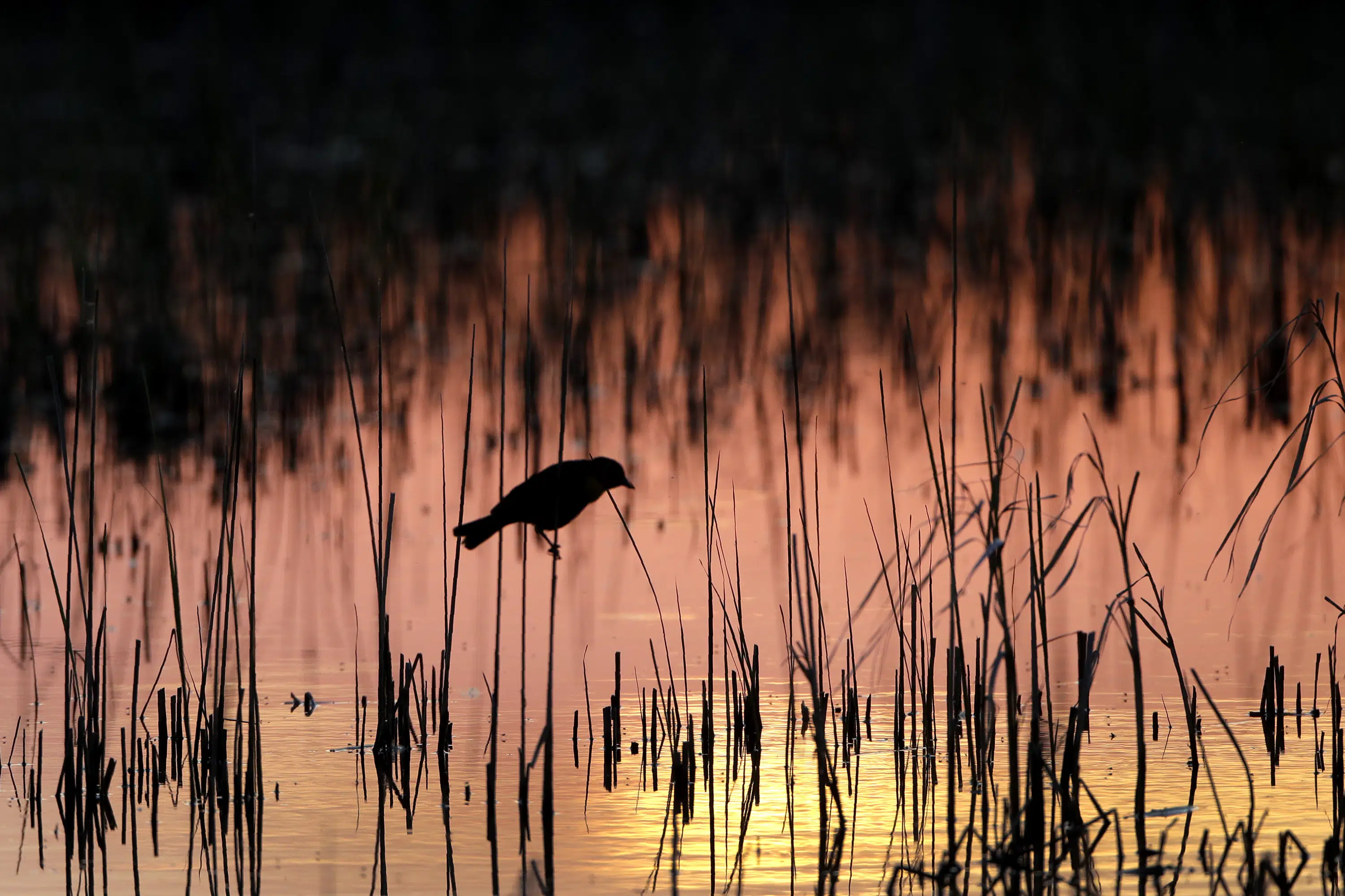Supreme Court will ultimately determine future of Clean Water Act, Tulane expert says

In the latest development in nationwide disputes over the scope of the Clean Water Act, a federal judge in North Dakota has issued a preliminary injunction that blocks a Biden Administration rule over which waters can be regulated.
The ruling applies to streams, wetlands and other bodies of waters in 24 states that filed suit against the Environmental Protection Agency to block a revised definition of the WOTUS (Waters of the United States) rule, which spells out which waters are protected under the Clean Water Act.
“The recent decision out of North Dakota does not permanently block the rule in the 24 states; it blocks the rule from being used until there is ‘clarity’ on whether its passage was a valid exercise of EPA power,” said Haley Gentry, a senior research fellow with the Institute on Water Resources Law and Policy at Tulane University Law School. “That clarity will likely come from the U.S. Supreme Court in Sackett v. EPA, which deals with what wetlands can be considered WOTUS.”
Sackett is a separate case which the Court heard in October 2022 and is expected to rule on this summer. That case challenges federal authority to regulate certain waters and wetlands under the Clean Water Act. Filed 12 years ago, the litigation has touched on such topics as toxic pollution, states’ authority over land use and commercial development.
Gentry said the conflict before the Court deals with a specific property in Idaho, but the Court's ruling will likely address WOTUS in a broad sense and could invalidate the language used in the Biden Administration's WOTUS Rule. If that were the case, the temporary block out issued in North Dakota could become permanent.
Gentry said that in the states that blocked the WOTUS rule, the implementing agencies are following “pre-2015” jurisdictional guidance, which reflect the most recent implementation practices prior to rule changes that began under President Obama’s administration.
“In practice, the pre-2015 guidance and the new WOTUS rule are fairly similar, but nonetheless, opponents are pushing to block the new rule until the U.S. Supreme Court issues an opinion in Sackett v. EPA,” Gentry said.
Earlier this year, the Tulane Water Resources Law and Policy Institute released a paper that Gentry authored titled Supreme Consequences: Anticipating Barriers to Clean Water Act Administration at the Federal and State Levels Following Sackett V. EPA. To interview Gentry, contact Barri Bronston at bbronst@tulane.edu or 504-352-2534.

